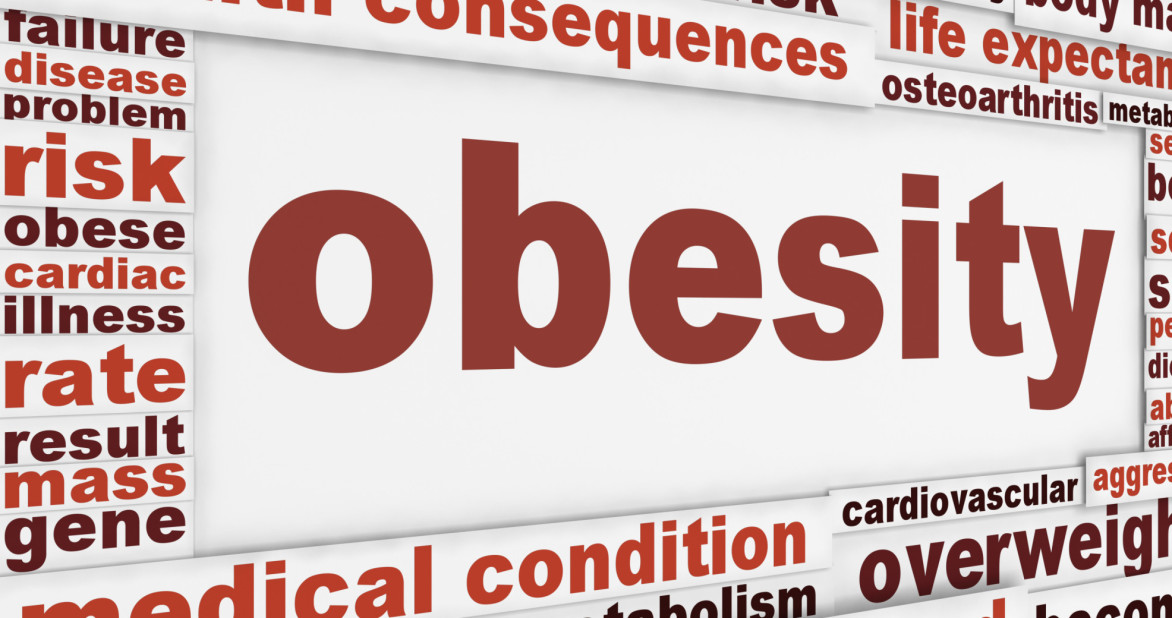Dieting effectiveness and weight loss programs

Dieting effectiveness and weight loss programs that can sustain proper weight loss
Dieting effectiveness and weight loss programs: Why is diet not a very effective way of losing weight?
What could be the reasons why someone dieting may not succeed in loosing lose weight? From the question, we need to get some answers about this new revelation of inconsistency. It is quite critical and some clarifications is needed to establish the true position. Some studies state that dieting can lead to weight loss. The bone of contention however is, why would someone diet and end up not having a sustained and consistent weight loss? According to the findings of some studies which were conducted by The National Eating Disorders Association (USA), it was established that dieting can actually lead to weight gain. This is actually in line with our introduction statements above, thereby confirming that dieting does not really deliver a sustained weight loss.
According to a Finland study conducted in 2011, where more than 2000 set of twins aged between 16 to 25 years participated. It is true that dieting has a weight amplifying effect and from the research findings it was established that the twins who deliberate worked on their weight loss program following a given menu (diet) had a higher chance of becoming overweight. The study further established that many people attempt to reduce their weight by dieting has higher chances that they would add some weight in the process further confirming the inconsistence of dieting as a suitable mode for losing weight.
Dieting effectiveness and weight loss programs: Further confirmations that dieting is inconsistent when it comes to weight loss
Cumulatively we have had other evidence pointing out that dieting alone may not be as effective as is commonly believed and that in many cases it can lead to stocking in some pounds. The following are some of the confirmations according to the various studies conducted in the past:
- A research that was conducted in 2003 where some 17,000 children aged between 9-14 years participated, it was revealed that dieting was a key contributor to weight gain.
- According to a five year study titled Neumark-Sztainer et al 2006, a teenage dieting risks becoming overweight as compared to non-dieting teens.
- A team from UCLA researcher drew a conclusion after reviewing 31 long term studies that dieting leads to weight gain.
Finally, it is evident that contrary to the beliefs of many people about dieting offering lasting solutions to the people struggling with weigh related problems, experts findings revealed that dieting is not actually the best method to use when it comes to losing weight and therefore should not be singlehandedly be encouraged. Doctor Akoury advices that it would be much appropriate to apply the dieting option when you want to maintain weight. Like for instance, this is actually the common practice with athletes and other sporting professionals who operates on a specific diet to help them maintain their body weight and in such cases dieting stands to be very effective. Now that you know the effectiveness of dieting and where it is not best placed, you can consult with the experts from AWAREmed Health and Wellness Resource Center to help you work out on a suitable work out program that will help you achieve your weight loss objective professionally.
Dieting effectiveness and weight loss programs: Why is diet not a very effective way of losing weight?
http://www.integrativeaddictionconference.com/wp-admin








